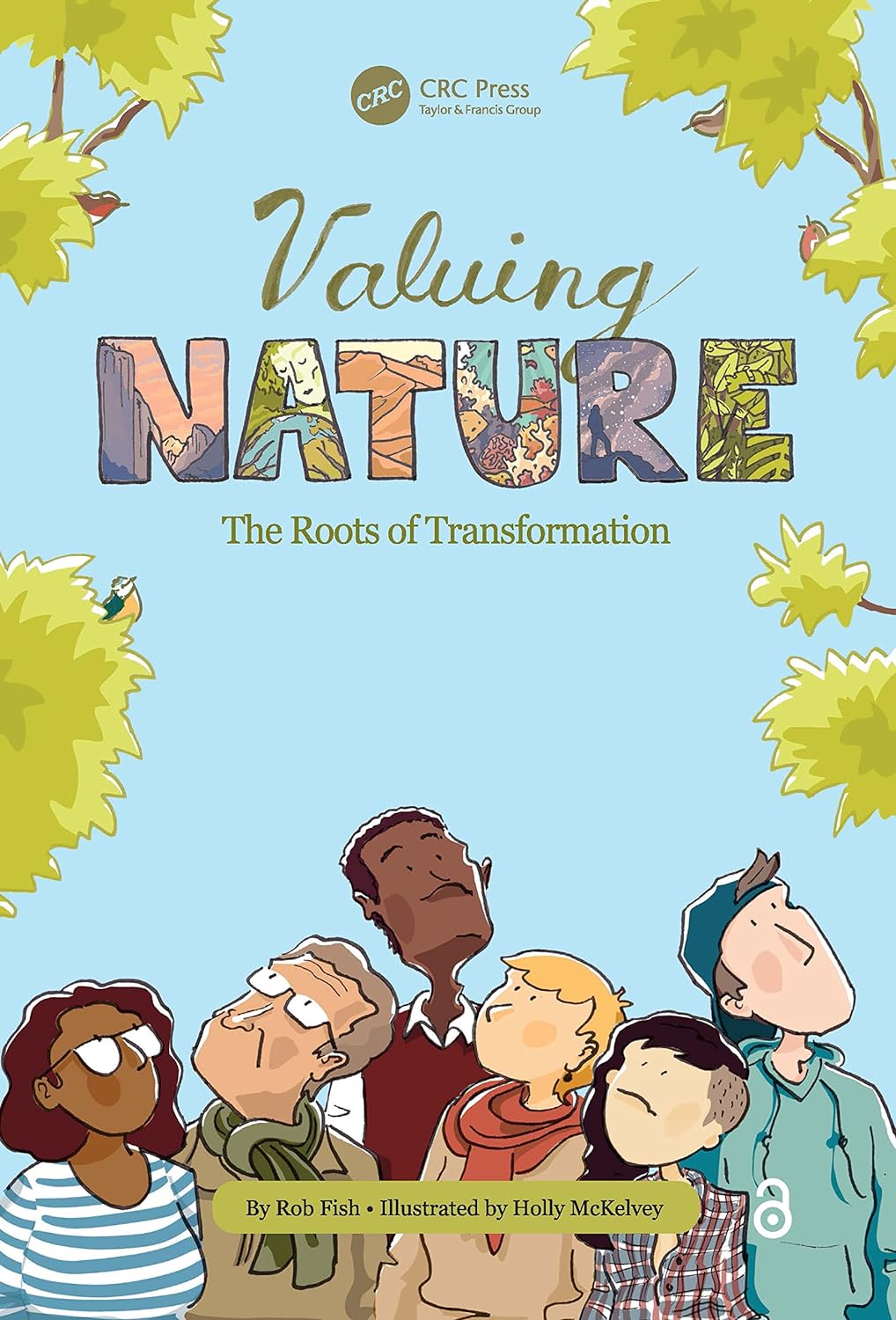When a group of liberal arts students embark on a university assignment about the natural environment, no one could have quite prepared them for the bewildering array of questions and provocations to confront them in their task. What starts out as an earnest attempt to understand nature in the modern world, turns into a philosophical and practical tangle that only a good transdisciplinary education can provide. Can anyone save the day and actually start to value 'nature'? And if they can't, then what's stopping them?
The idea of 'valuing nature' harmonises diverse areas of natural resource management and is an important dimension of scientific and practical work concerned with managing ecosystems and habitats for sustainability. This graphic book takes the reader on an exploration of the issues that arise from this growing interest and concern in the valuation of nature.
Set around the premise of a 'motley' group of undergraduates endeavouring to complete a university assignment on 'nature in the modern world', the book explores:
- the many and diverse meanings people assign to nature
- the different ways the relationship between people and nature might be characterised
- the many values systems people hold for the natural world
- the options and approaches society can deploy to manage it
- the extent to which we need entirely new economic systems to protect and sustain nature.
This highly interdisciplinary book invites consideration of a range of philosophical and applied debates and questions. Written in an accessible style, it is an ideal undergraduate text in the fields of ecology, human and physical geography, conservation science, environment, social science and spatial planning, as well as a general primer for graduate natural and social scientists embarking on interdisciplinary research in the natural resource management arena.

